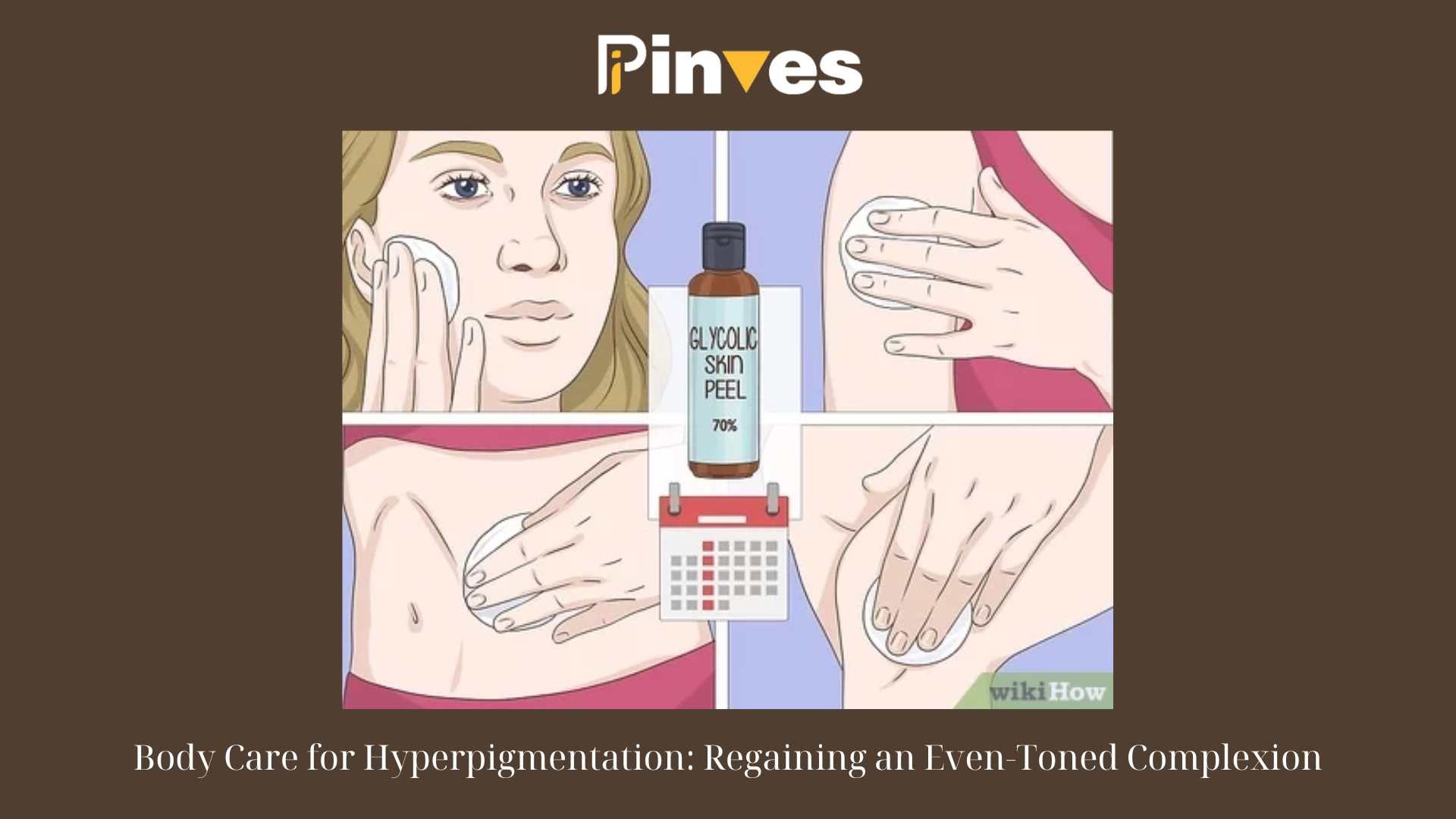Word and Character Counter Tool
Type or paste your text below:
Total words: 0
Total characters: 0
Taking care of our pets is a responsibility that every pet owner takes seriously. We want our furry friends to live happy and healthy lives, which is why preventive care plays a crucial role. Pet health insurance can be a valuable resource when it comes to providing the necessary preventive care for our beloved companions. In this article, we will explore the importance of preventive care, the benefits of pet health insurance, the coverage it provides for preventive care, and how to choose the right insurance plan.
Importance of Preventive Care
Preventive care is essential for maintaining the overall well-being of our pets. It involves routine check-ups, vaccinations, screenings, and other proactive measures to detect and prevent potential health issues. By staying on top of preventive care, pet owners can identify and address health concerns before they escalate into more serious and costly conditions. Regular veterinary visits and preventive treatments contribute to the long-term health and happiness of our pets.
Understanding Pet Health Insurance
Pet health insurance is a financial tool that helps cover the cost of veterinary care for our pets. It operates similarly to human health insurance, offering various plans with different levels of coverage. While pet insurance is commonly associated with unexpected accidents and illnesses, many insurance providers also offer coverage for preventive care. This coverage can include routine check-ups, vaccinations, flea and tick prevention, dental cleanings, and more.
Benefits of Pet Health Insurance
Having pet health insurance brings peace of mind to pet owners. It ensures that we can provide the best possible care for our pets without worrying about the financial burden. With insurance, pet owners are more likely to seek preventive care and address health concerns promptly, leading to better overall pet health. Additionally, pet health insurance can provide coverage for emergency situations, surgeries, medications, and specialized treatments, depending on the chosen plan.
Coverage for Preventive Care
When considering pet health insurance, it’s important to review the coverage options for preventive care. Some insurance plans may include preventive care as part of their standard coverage, while others offer it as an add-on or separate package. Comprehensive preventive care coverage often includes routine exams, vaccinations, parasite prevention, dental care, and diagnostic screenings. By having this coverage, pet owners can ensure their pets receive the necessary preventive treatments throughout their lives.
Types of Preventive Care
Preventive care encompasses a wide range of treatments and procedures that help maintain pet health. Here are some common types of preventive care:
Vaccinations
Vaccinations protect pets from various diseases and infections. Regular vaccinations are essential for preventing illnesses such as rabies, distemper, parvovirus, and feline leukemia.
Parasite Prevention
Preventing parasites is crucial for maintaining pet health. Fleas, ticks, heartworms, and intestinal parasites can cause significant health issues. Preventive treatments include topical or oral medications to repel or eliminate parasites.
Dental Care
Dental health is vital for pets’ overall well-being. Regular dental cleanings, along with home dental care, help prevent periodontal disease, tooth decay, and other oral issues.
Wellness Exams
Routine wellness exams allow veterinarians to assess the overall health of pets. These exams often include physical examinations, blood tests, and discussions about any concerns or changes in behavior.
Common Preventive Procedures
Preventive care involves specific procedures that contribute to a pet’s well-being. Here are some common preventive procedures:
Spaying and Neutering
Spaying and neutering not only prevent unwanted litters but also offer health benefits. These procedures can reduce the risk of certain cancers and behavioral issues in pets.
Microchipping
Microchipping is a simple procedure that involves implanting a small chip under the pet’s skin. It provides a permanent form of identification, increasing the chances of reuniting with a lost pet.
Blood Tests
Regular blood tests help identify any underlying health conditions or changes in organ function. These tests can detect diseases at an early stage, allowing for timely treatment.
Choosing the Right Insurance Plan
When selecting a pet health insurance plan, it’s important to consider several factors:
Coverage Options
Review the coverage details to ensure they include preventive care, as well as accidents, illnesses, and emergency situations.
Exclusions and Limitations
Understand the exclusions and limitations of the policy. Some plans may have breed-specific exclusions or waiting periods before coverage takes effect.
Reimbursement Policy
Familiarize yourself with the reimbursement process. Determine whether the policy offers direct payment to veterinarians or requires upfront payment.
Deductibles and Premiums
Evaluate the deductible amount and the premium cost. A higher deductible may result in lower premiums, but consider what you can afford in case of a claim.
Customer Reviews and Reputation
Research the insurance provider’s reputation and read customer reviews. Look for a company with positive feedback and a history of reliable service.
Cost of Pet Health Insurance
The cost of pet health insurance varies depending on several factors, including the pet’s age, breed, location, and the chosen coverage options. Preventive care coverage may be included in the base plan or available as an add-on. Generally, pet health insurance costs a monthly or annual premium, with additional fees for deductibles, co-pays, and certain treatments. It’s important to compare different insurance providers and their offerings to find a plan that suits both your pet’s needs and your budget.
Tips for Maintaining Pet Health
Aside from preventive care, there are several other practices that contribute to pet health:
- Provide a balanced diet: Feed pets high-quality food appropriate for their age, breed, and any specific dietary requirements.
- Regular exercise: Engage pets in regular physical activities to maintain a healthy weight and promote cardiovascular health.
- Mental stimulation: Offer toys, puzzles, and interactive playtime to keep pets mentally stimulated and prevent boredom.
- Grooming: Regularly groom pets to maintain healthy skin and coat. This includes brushing, bathing, and trimming nails.
- Stress management: Create a safe and comfortable environment for pets, minimizing stressors such as loud noises or unfamiliar situations.
Finding the Best Insurance Provider
Choosing the right pet health insurance provider is crucial. Consider the following when selecting an insurance company:
- Research multiple providers and compare their coverage options, premiums, and customer reviews.
- Look for insurance companies with a straightforward claims process and responsive customer service.
- Consider the reputation and stability of the insurance provider in the industry.
- Read and understand the policy’s terms and conditions before making a decision.
Understanding Policy Terms and Conditions
Before purchasing pet health insurance, it’s essential to read and understand the policy’s terms and conditions. Pay attention to:
- Coverage details, including what is covered and what is excluded.
- Waiting periods before coverage becomes effective.
- Any limitations on pre-existing conditions or breed-specific conditions.
- The claims process, including reimbursement policies and required documentation.
Conclusion
Pet health insurance plays a vital role in ensuring that our pets receive the necessary preventive care throughout their lives. By covering routine check-ups, vaccinations, and other preventive procedures, pet owners can provide the best possible care for their furry companions without worrying about the financial burden. Choosing the right insurance plan involves considering coverage options, cost factors, and the reputation of the insurance provider. With pet health insurance, we can proactively maintain our pets’ well-being and provide them with a happy and healthy life.




